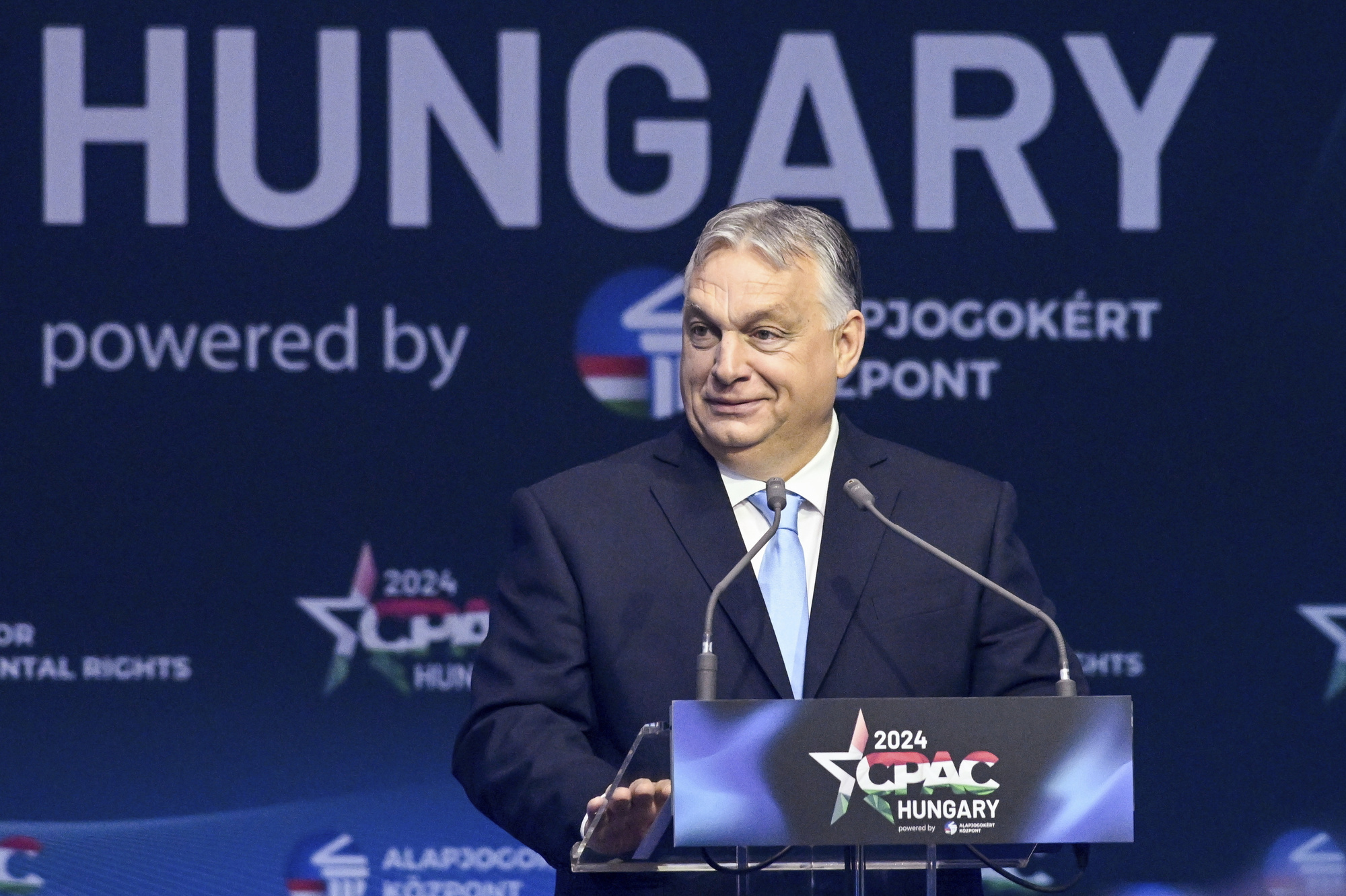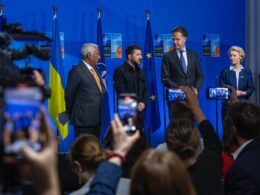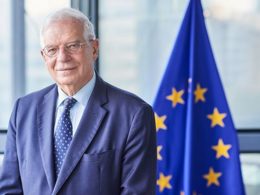After months of debate, EU countries agreed to use the proceeds of some 190 billion euros stuck in the Belgian central securities depository Euroclear to buy weapons for Ukraine.
However, Hungary has blocked the European Union's approval of the channeling of revenues from frozen Russian assets for the purchase of weapons for Ukraine.
The Financial Times newspaper learned about this from five people attending a meeting of EU ambassadors on Wednesday.
But Hungary’s envoy has objected to fast-tracking payments by forgoing a requirement for unanimous EU27 backing for each disbursement to Ukraine.
“For the time being they are blocking everything connected to the military support to Ukraine,” said one of the people, suggesting that Budapest’s reservations would remain until at least next month’s European elections.
Orbán has long argued that the west cannot win the war in Ukraine, and Hungary has held up numerous European decisions relating to the conflict. But Budapest has ultimately relented under diplomatic pressure from the EU and Washington, including over a €50bn aid package to Kyiv.
Persuading Orban
To secure an agreement over using profits from frozen Russian assets, EU officials offered Hungary a deal whereby their share of the Brussels funds would not be used to purchase weapons for Ukraine, a second person said.
The breakthrough came after a meeting between Orban, German Chancellor Olaf Scholz, and other EU leaders, Spiegel reported.
That convinced Budapest not to veto the scheme but it is holding up the implementation of the terms by failing to back the necessary legislation. Budapest is not opposed in principle but has concerns about making payments automatic, according to people familiar with its thinking.
Diplomats are hopeful that a way can be found to untangle the issues before the payment is scheduled in July. Hungary declined to comment.
Read more:
- DW: China's Xi Jinping meets Orban, Putin's closest ally among EU leaders, in Hungary
- In rare outreach, Zelenskyy invites Hungary's Orban to Global Peace Summit on Ukraine
- Trump and Orban exchange praise during Mar-a-Lago meeting
- EU agrees on 50 bn aid for Ukraine after minor compromises with Hungary
- Politico: Brussels push to start Ukraine's EU membership talks in June




